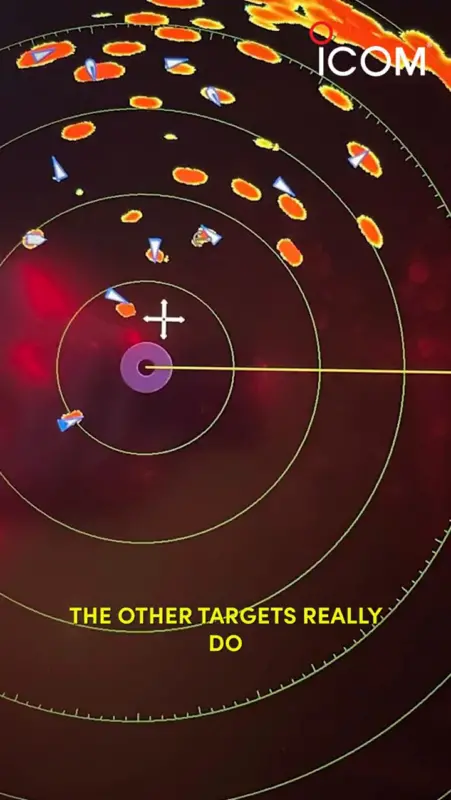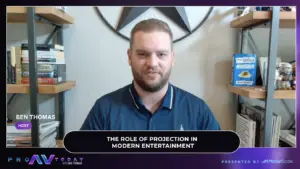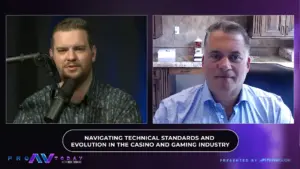Mad Systems Inc. Announces Issuance of U.S. Patent Covering Recognition Based Media Delivery
Orange, CA: Mad Systems Inc., an audiovisual design and integration company specializing in interactive exhibits, today announced that the United States Patent and Trademark Office (USPTO) has issued U.S. Patent No. 10,831,817 as “Systems and Methods for Generating Targeted Media Content.” The patent covers the development of personalized media delivery and personalized interactive exhibits based on recognition technologies including facial recognition, color recognition, and license plate recognition with an option for correlation of cars, their drivers and their passengers, as well as transactions relating to the use of recognition systems. This technology will enable public spaces to deliver media and implement exhibits, advertising, and interactive solutions that match the interests, language preference, ADA needs, or even purchasing habits of patrons in order to tailor people’s experiences.
This new achievement considerably strengthens the company’s presence in verticals including marketing and advertising, museums, theme parks, retail, corporate briefing centers, digital signage, trade shows, drive-thru restaurants, and a host of other existing markets that will benefit from this new technology as well as new untapped markets and applications. Combined with the previous patent covering “Systems and Methods for Providing Location Information About Registered Users Based on Facial Recognition,” this creates new possibilities for venues as diverse as theme parks, airports, corporate offices, museums, and shopping malls.
Of the company’s groundbreaking research and development, founder Maris Ensing said, “after the initial development of the QuickSilver® AV system, it became clear that we had possibilities that had not existed before, and in order to optimize the capabilities of the system, we wanted a ‘facing’ type of visitor recognition system that allows us to know when a given visitor is looking at and showing interest in an exhibit so that we can deliver personalized experiences. It became clear that recognition technology combined with our new system would result in a visitor experience that is far beyond what has ever existed before. That led to additional thoughts about possibilities for this technology, and a patent application for a range of different related options which now has been granted. It is exciting to think that we are at the leading edge of a completely new way to provide experiences to people that take their interests and background into account, and we are excited to find even more possible avenues where this technology can be applied to make people’s lives better in a wide range of markets.”
One possible application is in museums, where facial recognition can be used to accommodate anything from media delivery in a preferred language, to ADA accommodations, to age-related or interest-focused content (for example science-based or history-based). Museums can use this technology to personalize interactive exhibits and experiences, and to allow information to transfer from one interactive station to another. Another application is digital signage where this technology can associate a driver with their car, and then use a mix of facial and license plate recognition to deliver a targeted message via a billboard on the side of the highway. Even a drive-thru restaurant might personalize an advertisement or menu for a customer to fit their tastes or history of preferences on a specific drink or other menu item. This technology allows for a host of other possible applications, including dynamic way-finding, cue line entertainment, and cue line management.
The patented technology also allows for vastly improved ADA support. The system can use recognition technologies to identify visitors who might indicate different needs for wheelchair access, so as they approach an interactive the screen’s controls could automatically drop lower to allow for easier access. The system could also increase contrast or enlarge text on a display for individuals with limited vision, and can increase volume level or add subtitles for those with limited hearing.
About Mad Systems, Inc.
Mad Systems is an award-winning audiovisual and interactive consultancy, design and integration company specializing in exhibits for museums, visitor centers, briefing centers and theme parks. They are a majority woman-owned business that uses creative technology to develop long-lasting and easy-to-maintain systems. Mad implements the latest technology using non-proprietary equipment whenever possible, and provides a full range of traditional audiovisual solutions from video displays to interactive computer systems. They also offer their QuickSilver® family of unique and game-changing AV++™ solutions, which reduce infrastructure and increase longevity. QuickSilver® is an affordable, flexible and comprehensive 21st Century AV system comprising all that is needed for AV solutions, based on non-proprietary, long term supported hardware. The QuickSilver® system, coupled with their newly patented recognition technologies, are designed to allow for personalized media delivery, and advanced ADA support. Mad Systems is headquartered in Orange, CA, where their facilities include a demo lab for demonstrating some patented technologies, as well as other developed systems.








